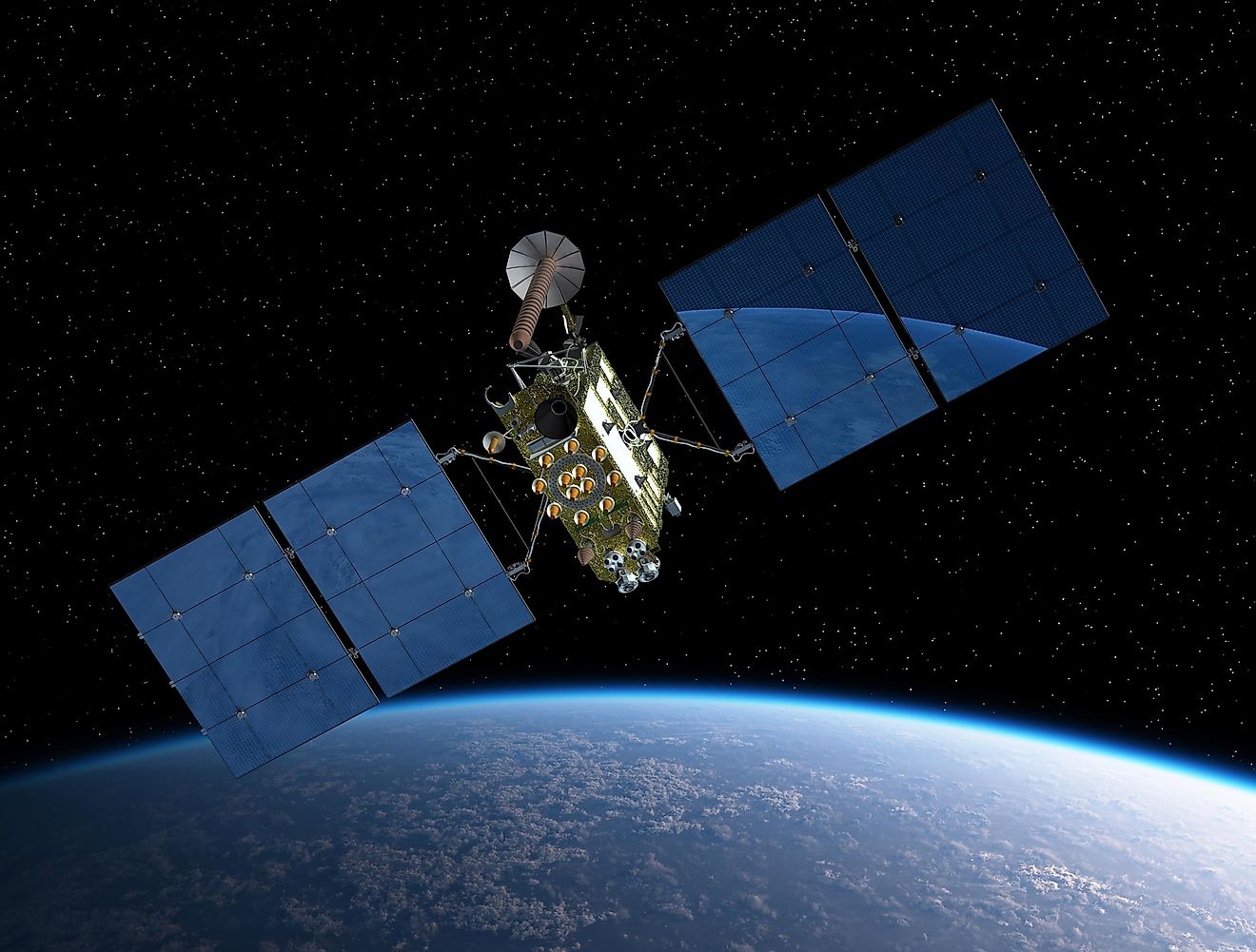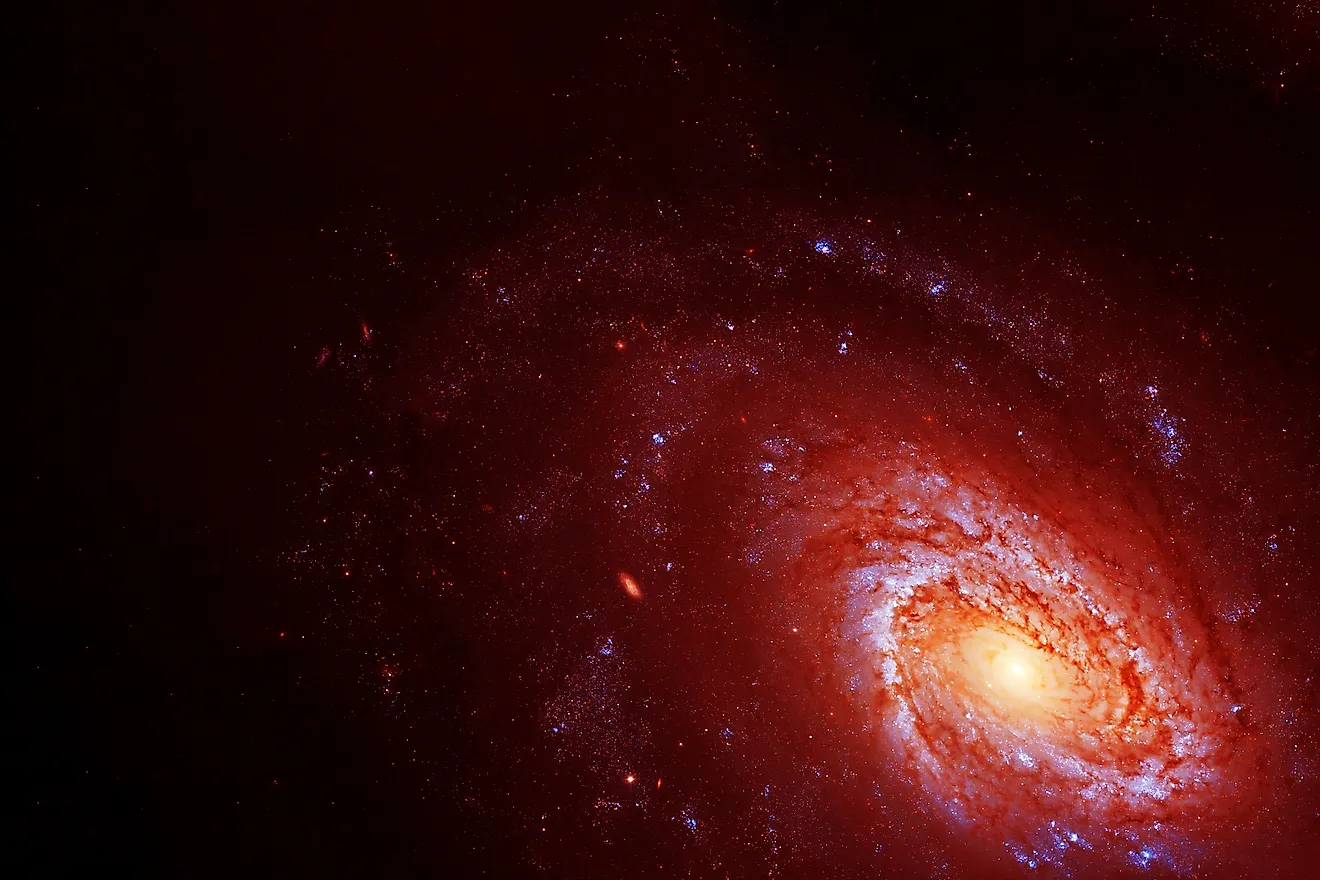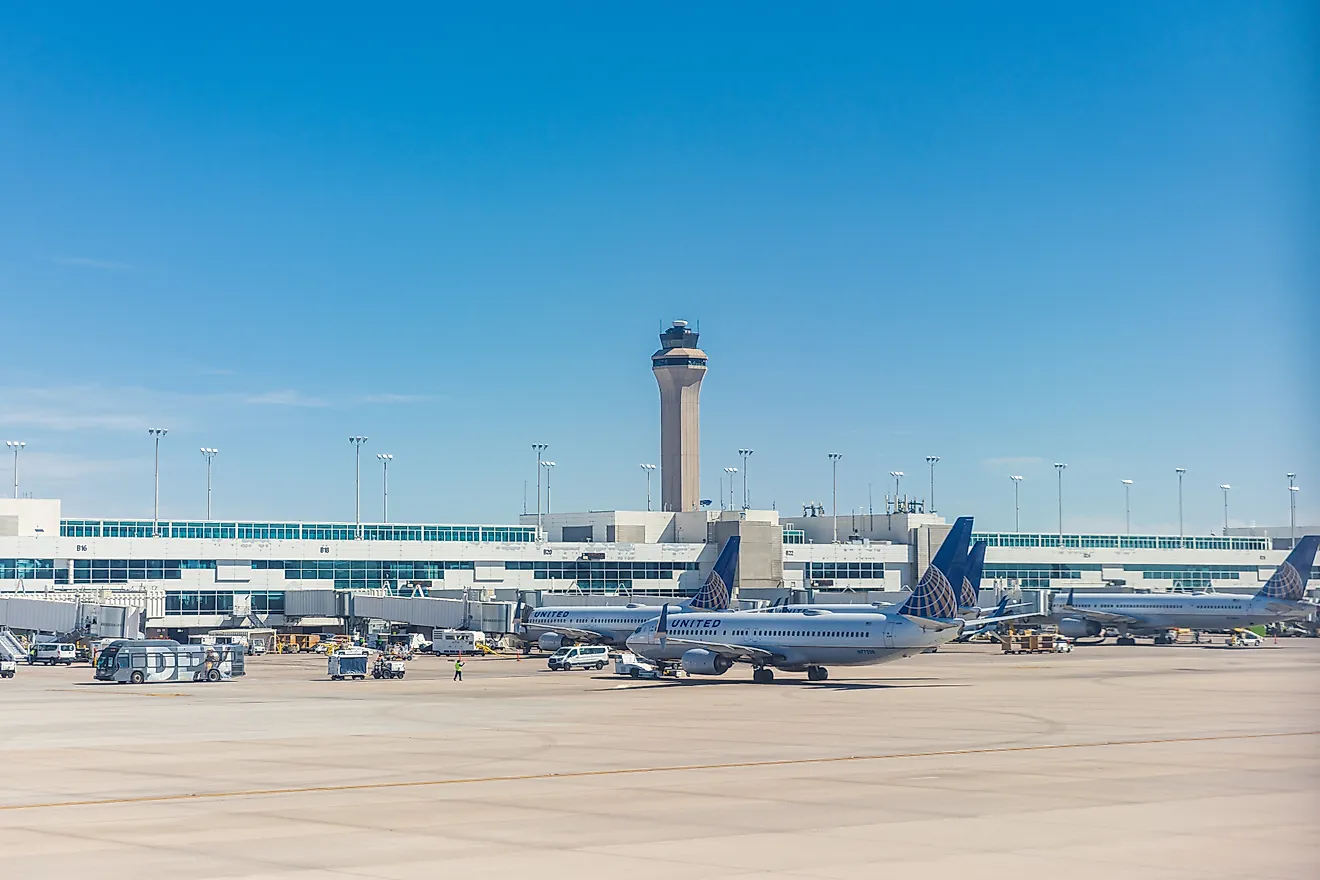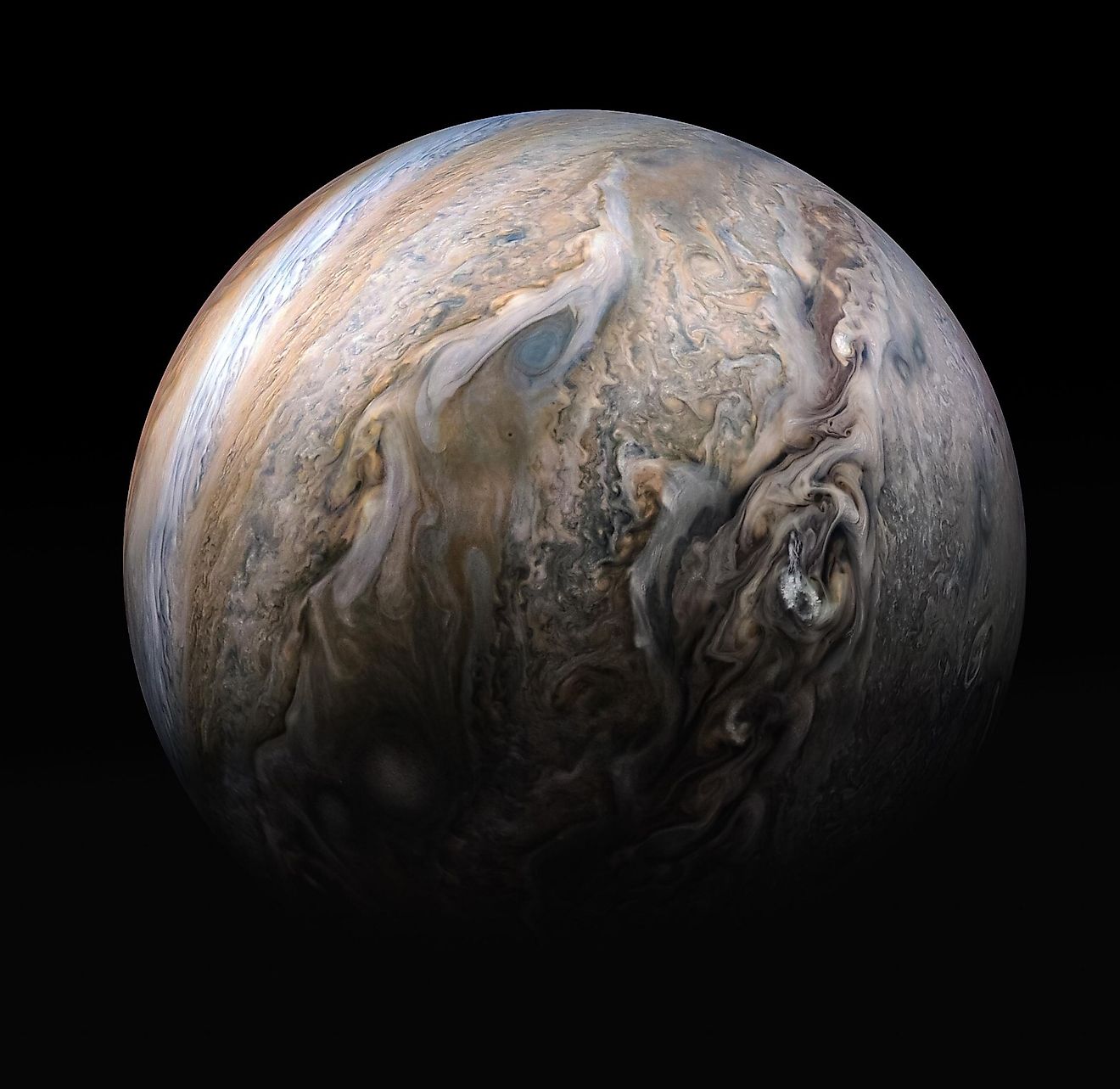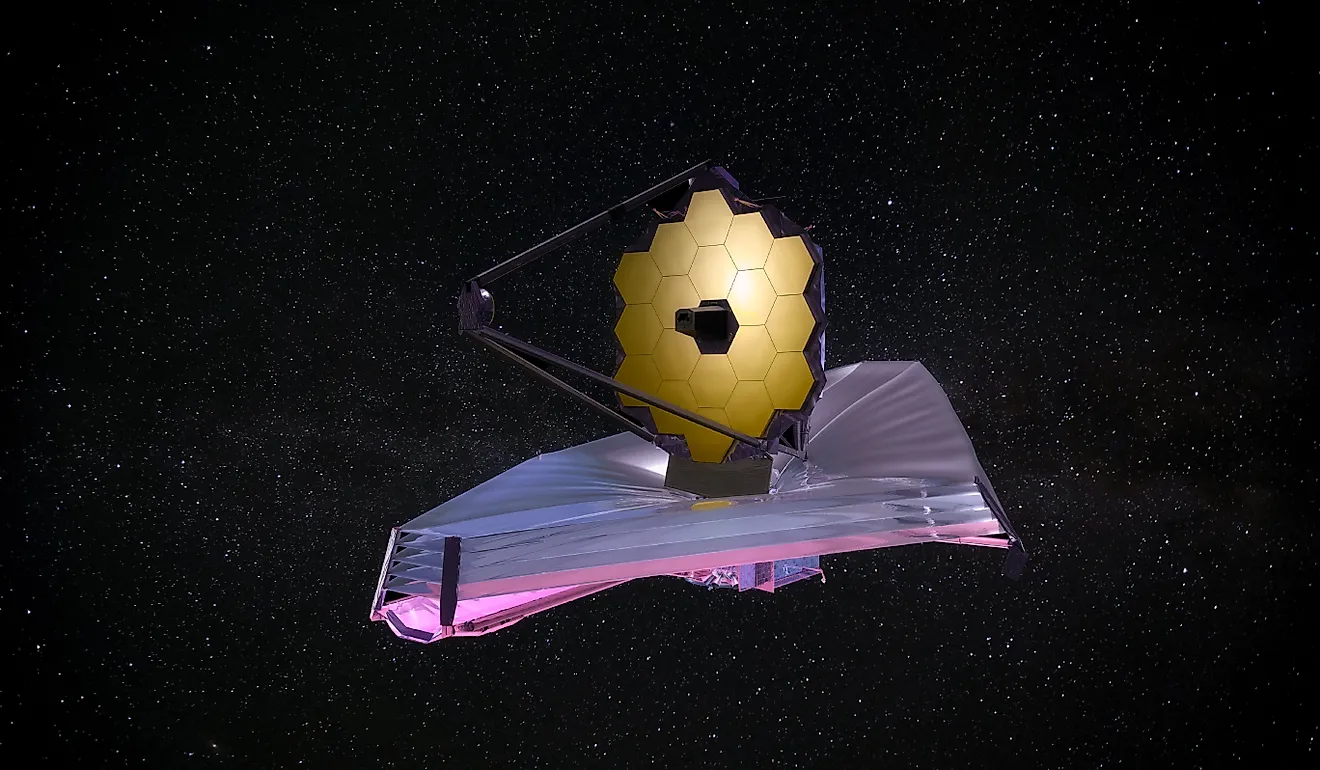
Space Travel Funding By Country
When humanity first began sending objects into space, only two countries supplied funding for space travel: The United States and the Soviet Union. During the Space Race, funding for NASA was at its highest. From 1962 to 1975, NASA’s annual budget exceeded 1% of the United States total GDP. The highest yearly budget for NASA was 1966, when total funding was nearly 50 billion dollars (2021 dollars), or about 4.4% of total GDP. Since that time, total funding for NASA has been decreasing. In 2020, NASA’s yearly budget was 22.6 billion dollars, or about 0.48% of total GDP, a significant drop when compared to NASA’s funding during the Space Race. During the Space Race, Soviet spending on space travel was nearly equal to that of NASA’s, which goes to show just how competitive the two countries were at the time.
Post Space Race
Funding for space travel dropped dramatically after the Space Race, yet more countries began funding their own space programs afterwards. As of 2021, there are a total of nine countries that spend over one billion dollars a year on space travel. The United States provides the most funding for space travel, with NASA receiving about 24 billion dollars in 2022. After the United States, China provides the most funding for space exploration, spending 10.29 billion dollars on space travel in 2021.
Space Travel Funding Ranked
| Country | Funding For Space Travel 2021 (US Dollars) |
|---|---|
|
United States |
22 billion |
|
China |
10.29 billion |
|
France |
3.95 billion |
|
Russia |
3.57 billion |
|
Japan |
4.21 billion |
|
Germany |
2.38 billion |
|
India |
1.96 billion |
|
Italy |
1.48 billion |
|
United Kingdom |
1.46 billion |
